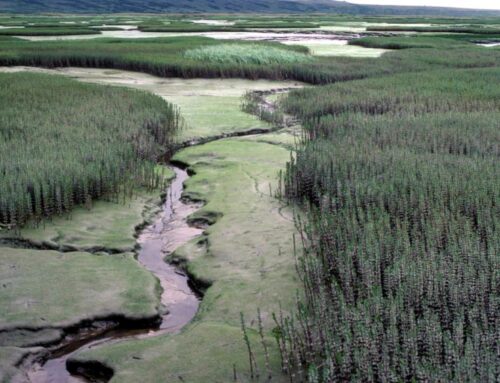The landowners’ argument was simple, despite its breathtaking scope. They argued, among other things, that Congress had unconstitutionally delegated its authority to FERC and that the Act improperly permits FERC to transfer its eminent domain power to private entities.
The court, though, did not reach the merits of the landowners’ arguments. Instead, it began and ended its analysis with the jurisdictional question. The court noted that the Natural Gas Act prohibited U.S. District Courts from hearing cases arising under it and that Congress had the power to restrict the courts’ jurisdiction in that way. Accordingly, the court held that the landowners could not bring their case in that court. Instead, they should have raised their arguments in the FERC hearing and, if that failed, appealed the agency decision to the appropriate federal appellate court.
The decision was rendered in the case of Bohon v. FERC, Civil Action No. 20-6 (JEB), 2020 U.S. Dist. LEXIS 79639 (D.D.C. May 6, 2020).
Matt Hull is a Pender & Coward attorney focusing his practice on eminent domain/right of way, local government, and waterfront law matters.






Leave A Comment